Pulse

The Rise and Fall of Academic Medicine: AMC Competitiveness in Post-Reform Healthcare
Co-authored with David Morlock
Rome wasn’t built in a day and didn’t collapse overnight. After centuries of growth, prosperity and domination, the Roman Empire began a long slow decline at the peak of its territorial expansion in 117CE. Internal conflicts, administrative complexity, and wasteful consumption made Rome vulnerable to external attacks and led to the overthrow of its last emperor in 476CE.

The Thrust of Economic Policy vs The Force of Demography
2017 could be the year in which the thrust of economic policy collides with the force of demography.
What's Next under the Trump Administration?
The United States is poised to enter a more typical economic cycle than we’ve seen since the 1990s. The Trump administration’s outsized tax cuts and plans to increase defense spending, and the virtual certainty that the GOP Congress will eagerly go along, will swell the US budget deficit and jumpstart faster growth.
China's Economy Outlook in 2017
In general, China’s gross domestic product (GDP) in 2017 is likely expected to grow similarly as this year’s around 6.5%, with the consumer price index (CPI) inflating around 3%. Those officially targets will be confirmed later around 20th December 2016 at China's annual year-end top economic meeting, named the Central Economic Work Conference.
Regulatory Guidance - the Differences in Approach to FinTech Regulation in the United States, the United Kingdom, and the European Union
Financial technology evolves into its next stage of maturity in 2017. Where venture investments going to FinTech firms marked progress to date, in the coming year regulatory interest will come to the fore.
Healthcare’s Forecast for 2017
President-Elect Donald Trump ran his campaign on a promise to repeal and replace Obamacare. His recent appointment of Rep. Tom Price, author of the “Empowering Patients First Act”[1], as HHS secretary indicates that he is serious.[2] Price's proposal is a market-based approach that reduces government spending, narrows the range of care that insurers are mandated to cover, offsets premium increases for older, sicker patients with tax credits, caps the employer-tax exclusion, and reverses Medicaid expansion.
Emerging Markets: Investment of the Year in 2017?
Strong fundamentals in Asia’s emerging markets may tempt outside investors to stay the course when the year turns. But a combination of domestic politics in 2017 and global uncertainties could risk becoming the nemesis of the New Year.
Questions about political continuity at home and support for reforms in Asia’s emerging markets hover over these economies’ striking potential for growth, including the outlook for strongman leaders in the Philippines, Malaysia and Thailand and Xi Jinping in China and Narendra Modi in India.
Time for a Call from the Venezuelan Opposition to President-Elect Trump?
I would like to introduce my recent work on the crisis in Venezuela, and the potential for the incoming administration of President-elect Trump to contribute to a solution, applying the unpredictability that he has already applied, with surprising success, in his dialogue with the President of Taiwan.
You can check out the report here.
China’s Second Policy Paper on Latin America and the Caribbean: Indications of Chinese Intentions, and Recommendations for the U.S. Response
On November 21, 2016, the People’s Republic of China (PRC) published its second white paper on its policy toward Latin America and the Caribbean. Although the document received very little attention in either the U.S. or region, it serves as a valuable indicator of China’s intentions toward the region, both through what it says on its face, and how it may be read “between the lines.”

 by
by  by
by 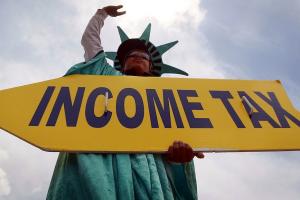
 by
by 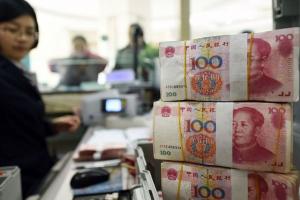
 by
by 
 by
by 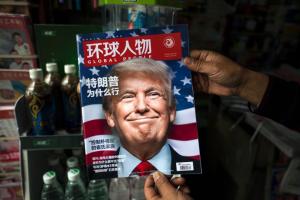
 by
by 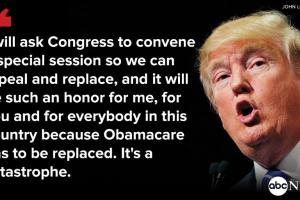
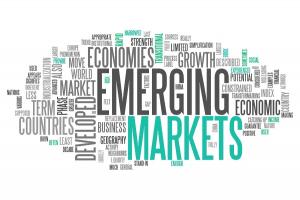
 by
by 
 by
by 
